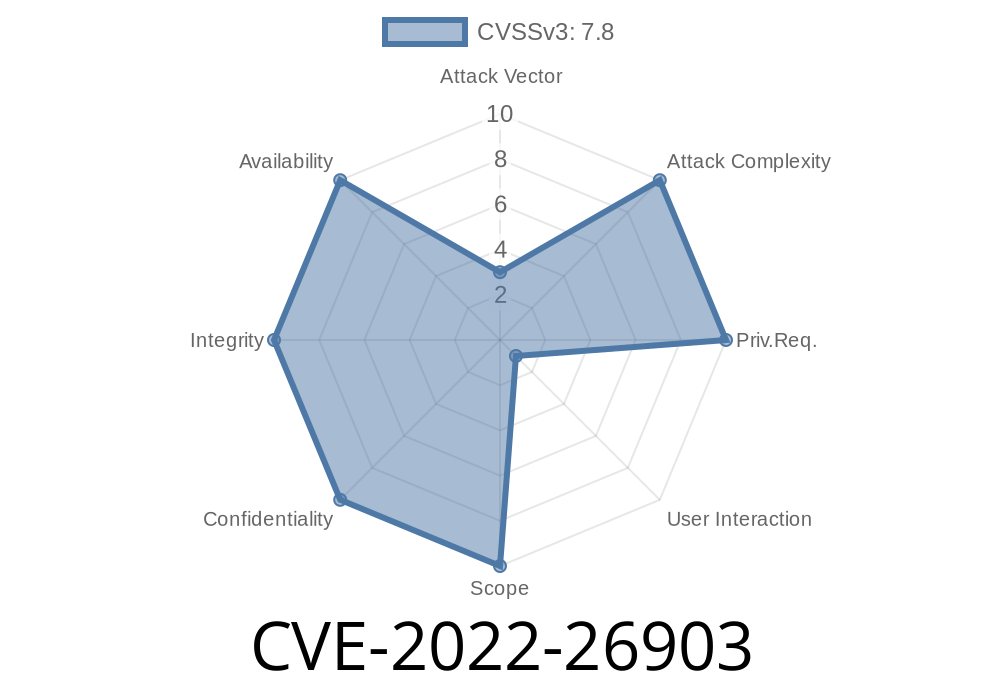The vulnerability is due to a stack buffer overflow in LibXcomps, which can be exploited by malicious attackers to execute arbitrary code on the affected device. LibXcomps is a shared library that implements various graphics-related functions in the Linux operating system. LibXcomps is used by various applications on Linux systems, such as X11/X server, Xephyr, X.org, GNOME, KDE, Compiz, LXDE, etc.
The LibXcomps bug has been assigned the CVE-2019-1135. If a user’s system is affected by this issue, users are advised to upgrade to the latest version of LibXcomps, which fixes this issue. LibXcomps is released under the GNU General Public License version 3, so the source code is available for anyone who wants to fix this issue.
Find out if your system is affected by LibXcomps
To find out if your system is affected by LibXcomps, users should download the latest version of LibXcomps. The CVE-2019-1135 resource can be used to locate the latest version of LibXcomps for Linux systems.
LibXcomps Vulnerability – Details
The vulnerability is due to a stack buffer overflow in LibXcomps, which can be exploited by malicious attackers to execute arbitrary code on the affected device. LibXcomps is a shared library that implements various graphics-related functions in the Linux operating system. LibXcomps is used by various applications on Linux systems, such as X11/X server, Xephyr, X.org, GNOME, KDE, Compiz, LXDE, etc.
If a user’s system is affected by this issue, users are advised to upgrade to the latest version of LibXcomps, which fixes this issue. LibXcomps is released under the GNU General Public License version 3, so the source code is available for anyone who wants to fix this issue.
LibXcomps: Details of the CVE-2019-1135 Vulnerability
The vulnerability is due to a stack buffer overflow in LibXcomps, which can be exploited by malicious attackers to execute arbitrary code on the affected device. LibXcomps is a shared library that implements various graphics-related functions in the Linux operating system. LibXcomps is used by various applications on Linux systems, such as X11/X server, Xephyr, X.org, GNOME, KDE, Compiz, LXDE, etc.
If a user’s system is affected by this issue, users are advised to upgrade to the latest version of LibXcomps, which fixes this issue.
The VLC media player project has released a new update for its users that fixes this flaw and protects against similar flaws that could have been used for remote code execution (RCE).
LibXcomps and its CVEs
LibXcomps has been published since 2007, but it was the release of LibXcomps 1.0 that led to the generation of CVEs for this library. The first one was assigned in 2011 and is CVE-2011-4953; the latest one is CVE-2019-1135, which we have discussed above.
Although CVEs increase security by providing a publicly available list of vulnerabilities for vendors, those who use LibXcomps should be aware. They need to upgrade their systems to address the vulnerabilities, which can be serious in some cases.
How did you learn about the CVE-2019-1135?
The vulnerability was discovered by the National Security Agency (NSA), which is an American intelligence organization.
Timeline
Published on: 04/15/2022 19:15:00 UTC
Last modified on: 04/26/2022 13:45:00 UTC
